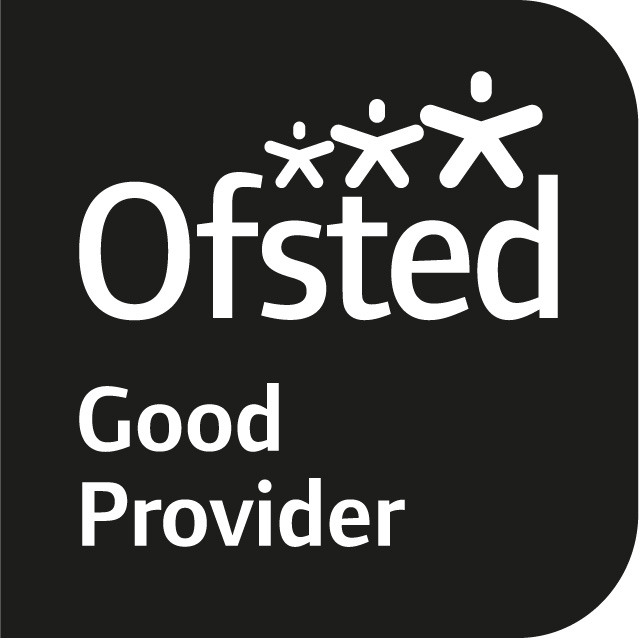
Course may be subject to change.
This practical music course will prepare you for work in an exciting industry of music creation, production, distribution and performance.
Explore elements of music production, mixing, mastering and performing, and apply the skills and knowledge you have learned to creative projects.
You will work individually and collaboratively, and will use new technology and techniques to help you create music and audio for a range of purposes, including live settings (DJ), Recording (Producer)and sound design (soundtracks).
Entry Criteria
You will hold four GCSEs at grade 4 (or equivalent), including maths and English.
This course is open to all ages if you have the relevant experience and music ability.
Additional Costs
You will have access to essential IT and music creation equipment but may need to provide specialist equipment associated with your chosen pathway.
What are the next steps?
You will be invited to meet the tutor. Please bring evidence of your relevant qualifications.
At this stage, you will need to demonstrate an active interest in music production and technology - for example, this could be a piece of music you have created or a project you have been involved in.
Study Aims
This music production and technology course forms part of a two-year programme that will prepare you for work within the music industry.
You will develop the technical and practical music production skills and undertake a relevant work placement.
The course will provide you with opportunities to engage in live performances and will make sure you gain essential and valuable performance skills.
You will develop an awareness of the influences across a range of genres and ages, and will experiment to fine tune your own style of recording, mixing and performance.
Studying the first and second year of this course will also prepare you for progression to study a degree level course at New College Durham's University Centre or at university.
Modules Studied
This music course focuses on production skills, using hardware and software for recording, music creation, mixing, performing and distribution.
The first year of the course will cover the following Foundation Diploma modules:
A1: Performing as an ensemble A2: Creating musical material A3: Using musical styles C7: Planning a career in the music industry
The second year of the course will cover the following Extended Diploma modules:
D8: Using development plans to refine skills D9: Producing a personal project D10: Using material for self-promotion and networking E11: Defined technical role E12/13: Collaborative Music Project
Times of Delivery
Monday - 9am – 5pm Tuesday - 9am - 5pm Wednesday - 9am - 5pm Thursday - 9am - 5pm Friday - 9am - 5pm
Any times indicated are based on current courses and may be subject to change in future years. Full timetables will be confirmed at the start of each course.
Any times indicated are based on current courses and may be subject to change in future years. Full timetables will be confirmed at the start of each course.
Teaching and Assessment
Assessment is carried out on a continuous basis and the course is delivered through a series of practical projects and assignments, including public performances.
The assignments will be both practical and theoretical throughout the year and you will be expected to set targets and make a record of this. Performance-based modules will be assessed through live performances in professional music venues, such as the Gala Theatre and the College's Drama Studio. Aural perception skills will focus on skills tests in pitch and rhythm.
Industry Links
Our strong industry links will provide you with an excellent range of guest speakers and workshops with industry professionals. There will also be opportunities to take part in trips throughout the year.Your tutors will be practicing professionals who have links with professional venues, studios and producers.
Maths and English
English and mathematical skills are embedded in all elements of the programme.
Placement
This music production course includes a mandatory work placement which will help you to gain practical experience working in a relevant area. Previous music students have successfully secured placements in local radio stations, live music venues, recording and rehearsal studios, and shadowing music teachers in either a classroom or stage school setting.
You could progress to FdA Roots and Popular Music at New College Durham, or a relevant subject at university.


